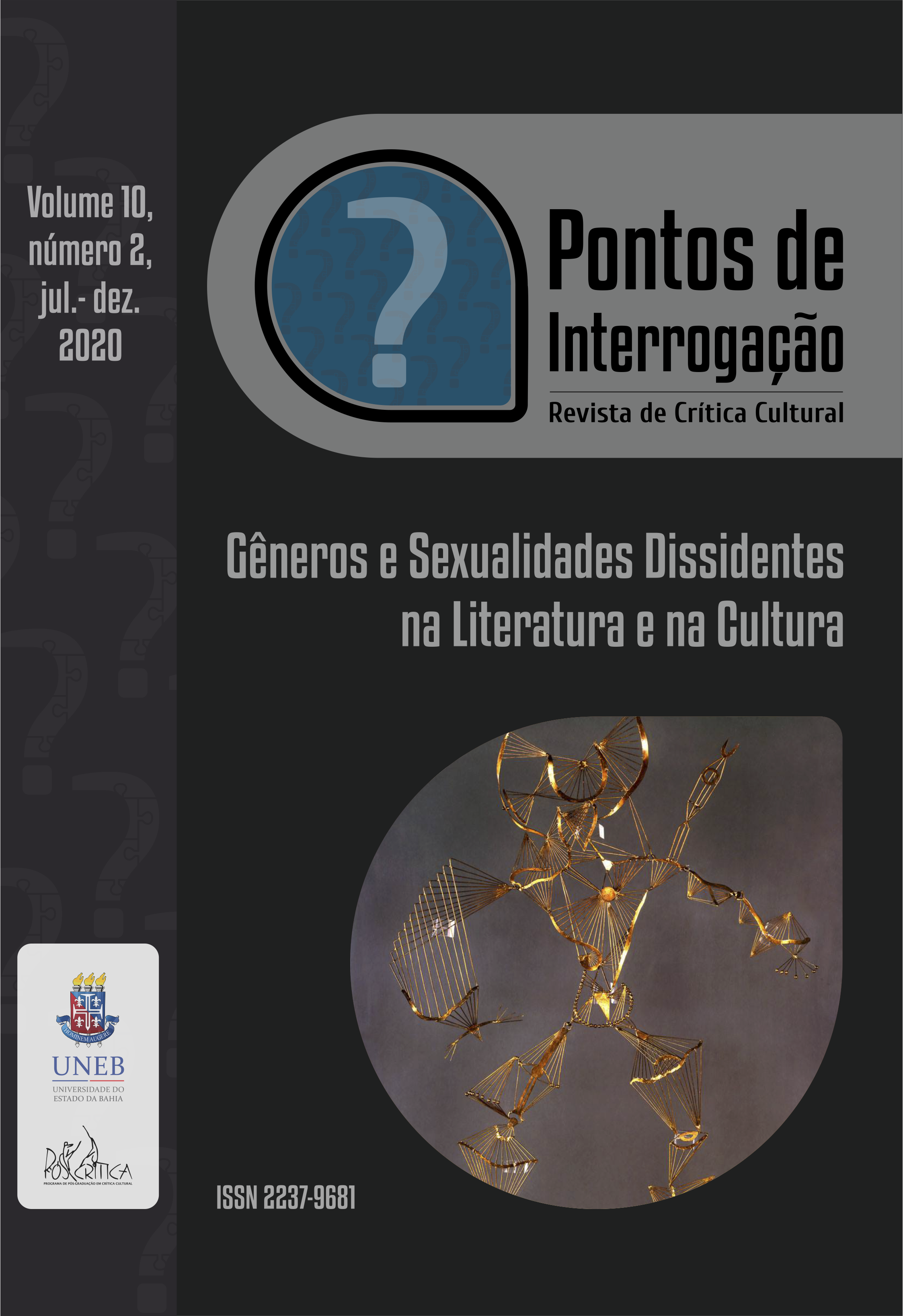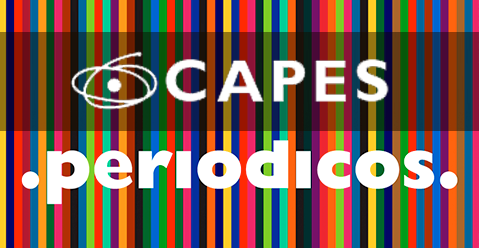“I’m not afraid of being called a loser”: the issue of agency in Finn’s identity construction in the television series Glee
DOI :
https://doi.org/10.30620/p.i..v10i2.10838Résumé
This article analyzes the television series Glee and discusses the ways in which Finn’s identity construction – and his irresolution – can be read counter-hegemonically as fostering political agency. In order to do so, I discuss the concepts of identity and agency and notions such as social location and identification while conducting a textual analysis of specific scenes that pertain to the first season of the series. The analysis highlights that the character’s experience with the Glee club seems to be important for the constant re-construction of his identity. Such reconstruction is always part of a double movement: Finn, as a postmodern subject, is overtly contradictory. While his identity construction can be considered transgressive, at times his actions are in fact very conservative. Finn’s identity construction seems to demonstrate the ways in which Glee can be considered an example of postmodern contingency while being inserted simultaneously within restraining hegemonic discourse.
Téléchargements
Téléchargements
Publié-e
Comment citer
Numéro
Rubrique
Licence
(c) Tous droits réservés Pontos de Interrogação – Revista de Crítica Cultural 2020

Cette œuvre est protégée sous licence Creative Commons Attribution - Partage dans les Mêmes Conditions 4.0 International.
Autores que publicam nesta revista concordam com o seguinte termo de compromisso:
Assumindo a criação original do texto proposto, declaro conceder à Pontos de Interrogação o direito de primeira publicação, licenciando-o sob a Creative Commons Attribution License, e permitindo sua reprodução em indexadores de conteúdo, bibliotecas virtuais e similares. Em contrapartida, disponho de autorização da revista para assumir contratos adicionais para distribuição não-exclusiva da versão do trabalho publicada, bem como permissão para publicar e distribuí-lo em repositórios ou páginas pessoais após o processo editorial, aumentando, com isso, seu impacto e citação.























